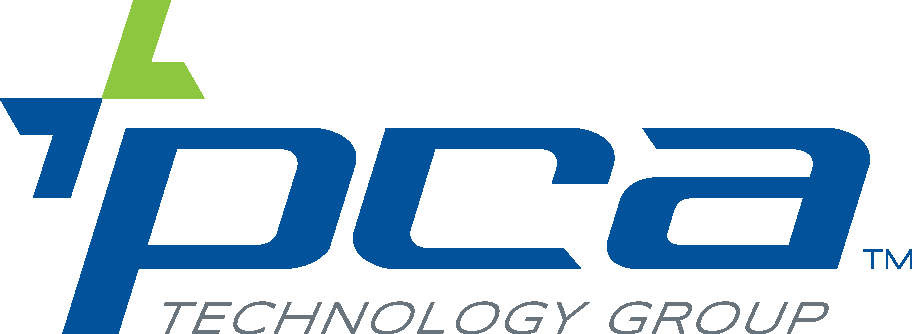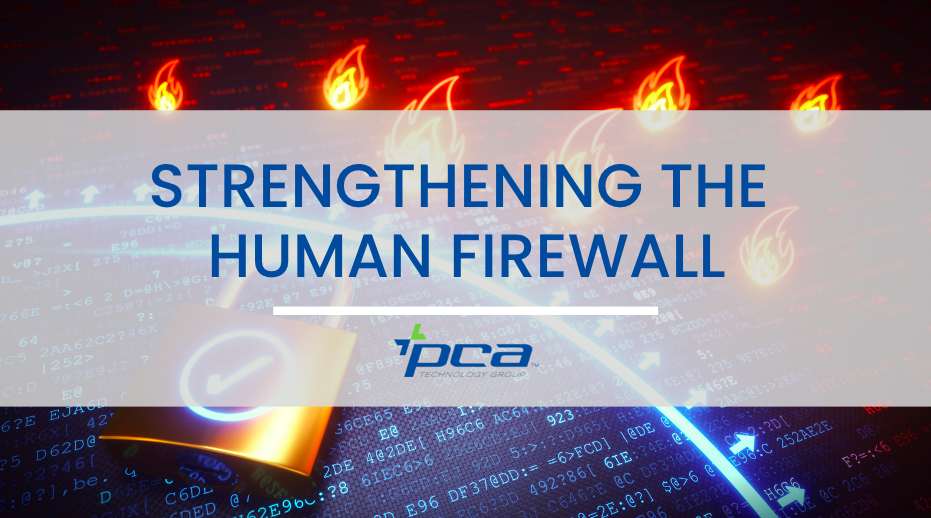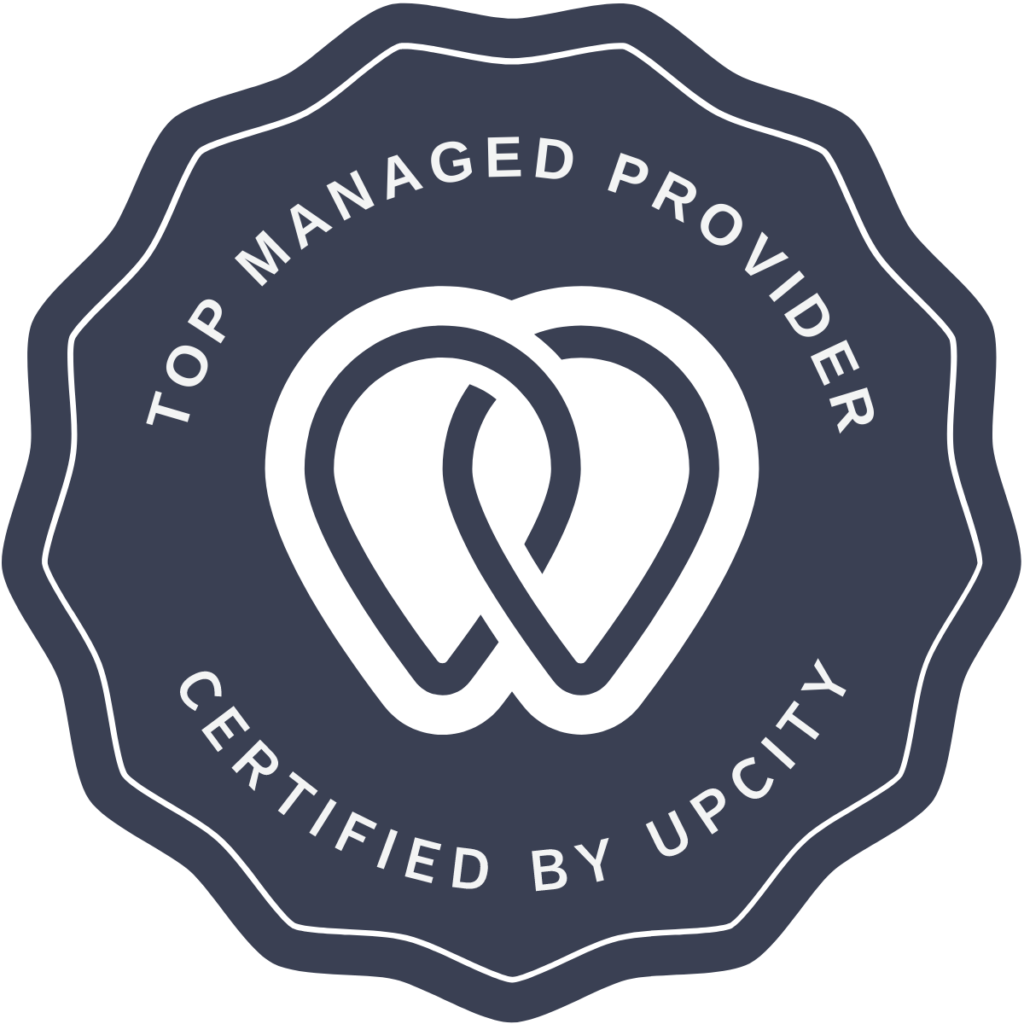Cybersecurity remains a top concern as we move into 2023. With many ominous security threats on the horizon affecting businesses of all sizes and in all industries, the importance of a multi-layered security defense remains one of the best ways to protect yourself, your business, and your team from external threats. While implementing the right security solutions is critical to stay secure, the human element is another equally important piece of your security posture. This is typically referred to the “human firewall.” Here, we will discuss everything you need to know about the human firewall — what it is, why it is important, and ways you can strengthen it to support your overall cybersecurity strategy.
What Is The Human Firewall?
The term, “human firewall” refers to how well a team can secure their network. Similar to a firewall device or software protecting the network, employees can be given the tools to recognize, investigate, and respond to cybersecurity threats. Oftentimes, an employee may be the first line of defense, which is why the human element if a vital component of your security posture. A strong human firewall consists of a team who is adequately prepared for any potential threat that may come their way.
Why Is The Human Firewall Important?
With 88% of data breaches caused by human error, strengthening your human firewall is a vital component of your security defense. Even if all of your security and data back-up systems are updated and working correctly, your business is still at risk. Cybercrimes, particularly data breaches, are no joke, either — in fact, IBM reports that the average cost of a data breach in the United States is $9.44 million. Take the time now to invest in the right security tools and training to avoid even more costs, stress, and potential business closure down the line.
Ways to Strengthen The Human Firewall
With cybersecurity education as one of PCA’s core values and missions, we strive to educate all of our clients on the importance of strengthening their human firewall. Here are a few of our top recommendations:
- Establish Ongoing Cybersecurity Training: Educate and prepare your team with ongoing cybersecurity training that is specific to your organization’s unique risks and needs. Ongoing training is important as you hire new team members, stay updated on the latest cybersecurity threats, and ensure your team is confident in responding to them. Training will vary depending on your business needs — it may include reviewing the latest security trends for your business and industry, running through practice social engineering scenarios, or evaluating your team’s knowledge through periodic quizzes and simulations.
- Develop Clear Cybersecurity Policies: Once you have established a robust cybersecurity training program, it’s also important to have clear security policies in place. Policies will vary depending on your business but can include password policies, email security protocols, and multi-factor authentication (MFA) usage. Employees should be incentivized and held accountable for following them.
- Implement the Right Security Tools: Ensure your team is even more equipped to respond to cybersecurity threats with the right technology tools. These tools may include data protection software, anti-virus software, multi-factor authentication (MFA), and more. Similar to your cybersecurity training, the technology tools you use should be specific to your business needs and updated regularly to keep up with the evolving threat landscape.
Support Your Human Firewall With PCA
When it comes to improving your human firewall strategy, find what works best for both your business and your team — there is no “one size fits all” approach. If you’re interested in partnering with a trusted Managed IT Service Provider to assist with your cybersecurity training strategy, consider PCA Technology Group. Not only do we offer a wide range of managed security solutions, we can also help you:
- Develop a security awareness program
- Regularly educate your employees
- Learn about latest cybercriminal techniques
- Mitigate the gaps in your protection
- Refresh policies and remain compliant
- Identify vulnerabilities and act before disaster
We also host ongoing cybersecurity awareness trainings virtually. Join Brian Powell, Chief Technology Officer and Certified Ethical Hacker from PCA, to meet all your compliance needs and to stay educated. Our next one is coming up on February 15! Learn more and sign up here.


